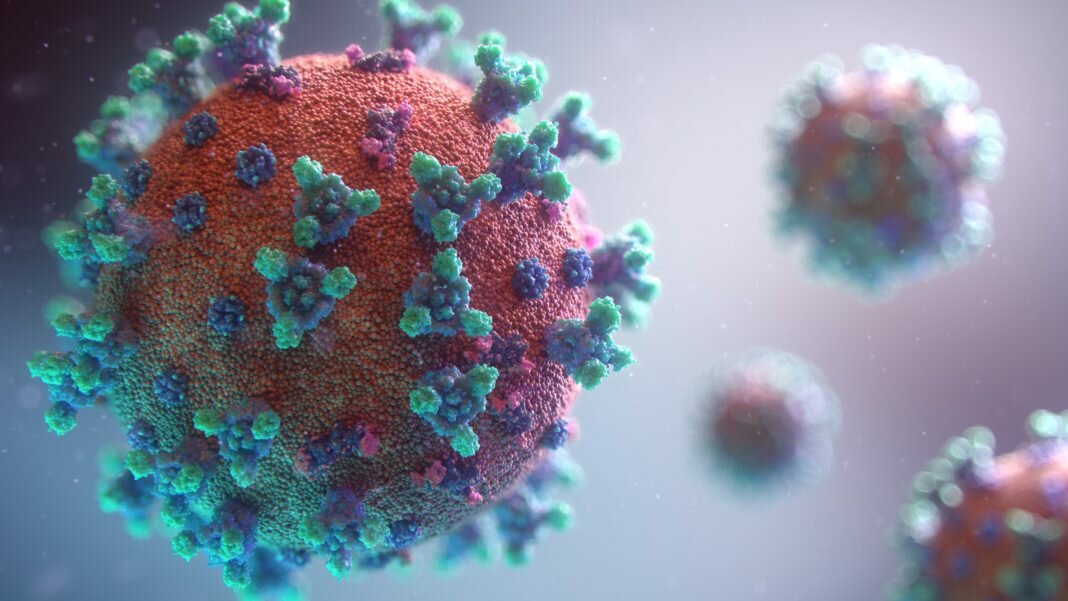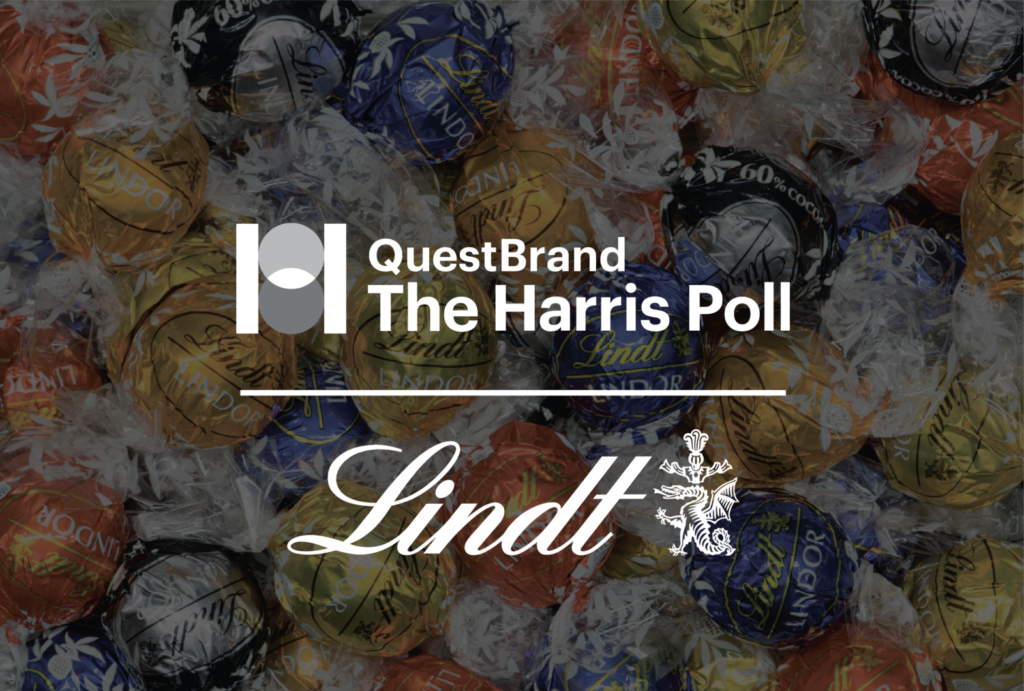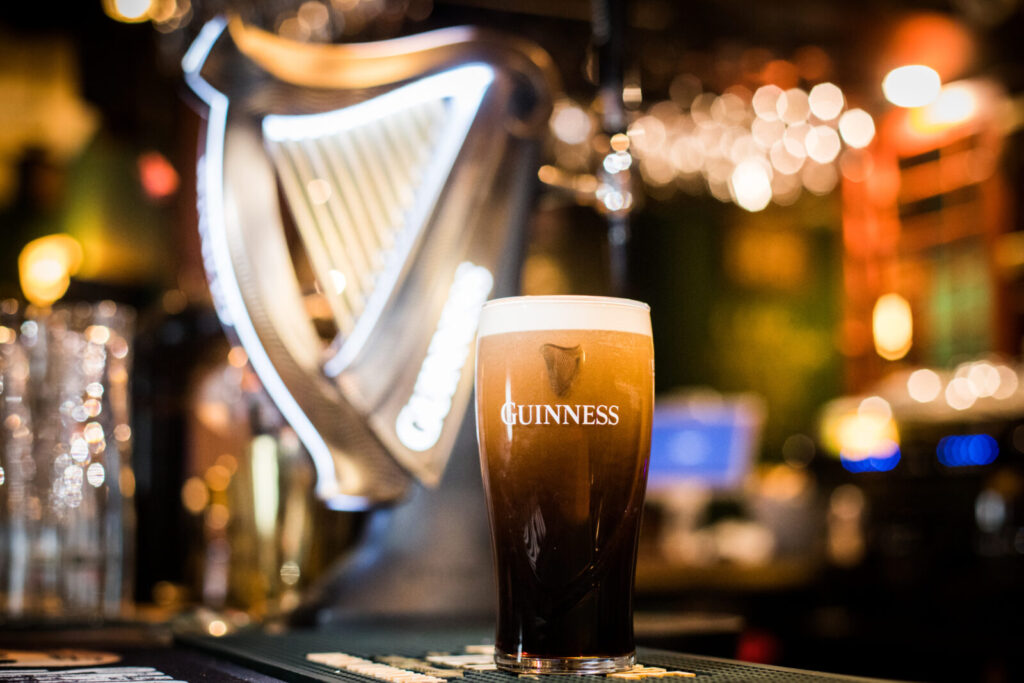Brief • 3 min Read

Thanks in no small part to CNN and social media, 56% of Americans fear they could die from coronavirus (up from 27% on March 14) and 68% think the amount of fear is sensible given how serious the pandemic has become, a stark reversal from 3 weeks ago when 56% said the amount of fear is irrational and people were overreacting. At the same time, for many of us the walls are closing in: Over a third of Americans (35%) have felt claustrophobic since the stay-home orders have gone into effect; Americans ages 18-49 are more likely (42% vs. 26% of 50+) to feel this way.
And with uncertainty comes anxiety and frustration: 54% feel angry that they don’t know when this will end, this is especially true for Gen Z/Millennials (66% vs 48% of 35+) who are predisposed to stress growing up amid uncertainty as seen in our APA Stress in America Survey. Millennials and Gen Z are most likely to feel overwhelmed right now (52% vs 37% of all adults).
Disruption is also impacting our daily life and personal work habits: More Americans start their day by rolling out of bed and jumping on the computer (56%) while (49%) wear PJs/sweatpants while working from home supporting a trending meme that “We’re not working from home. We are at home during a crisis, trying to work.” Add to the fact that 50% admit to not taking a daily shower isn’t an indication that Americans are becoming lazy, (56% are actually working more now that they are home), but that Americans are doing the best they can in an unprecedented time.
But we are looking ahead! When we asked, which do you think will have a bigger effect on the life of you and your family: covid Itself, or the economic impact of the cv19 pandemic? ––almost two-thirds of Americans (62%) feel the economic impact of the pandemic will have a bigger effect on their lives and that of their families than (38%) covid itself. Women are more concerned about the economic impact (65% vs 58% men), whereas Men skew slightly more concerned about cv-19 itself (42% vs 35% women) as do lower income HH’s (insurance coverage, access to critical care) and this in turn drives their concern to the economic impact.
Takeaway: Expect economic fear to soon overpower the health fear in America. Companies and marketers need to be understanding and meeting the post-trauma of the crisis with economic-driven incentives for their customers from extending payment terms, consolidating debt, and forms of outreach to help consumers bridge into a new and uncertain future.
METHODOLOGY
This survey (Wave 6) was fielded online among a nationally representative sample of 1,993 U.S adults from April 3 – 5, 2020. Wave 5 was fielded online among a nationally representative sample of 2,016 U.S adults from March 28 – 30, 2020. Wave 4 was fielded online among a nationally representative sample of 2,023 U.S adults from March 21-22, 2020. Wave 3 of the survey was fielded online among a nationally representative sample of 2,019 U.S adults from March 17-18, 2020. Wave 2 of the survey was fielded online among a nationally representative sample of 2,050 U.S adults from March14-15, 2020. Wave 1 of this survey was fielded online among a nationally representative sample of 2,019 U.S adults from March 05 – 09, 2020.
Find out more from our COVID-19 Tracker.
Subscribe for more Insights
Subscribe to our newsletter for the latest trends in business, politics, culture, and more.
Related Content









